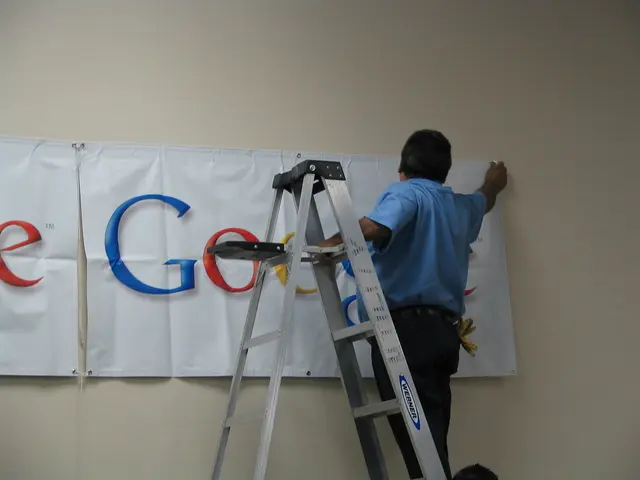"Global VPN Day: Is it a shield for privacy or a gap needing sealing? Exploring the implications"
In the digital age, the use of Virtual Private Networks (VPNs) in the UK has surged, particularly since the implementation of the Online Safety Act's age-verification requirements in July 2025. However, this rise in VPN usage has raised concerns among privacy experts and government officials, as minors are using VPNs to bypass these age checks and access adult-only content.
The Children's Commissioner for England, Dame Rachel de Souza, has expressed strong concern about this loophole and has pushed the government to explore technical solutions involving VPN providers. She wants authorities to consider forcing VPN firms to stop underage users from accessing adult-only sites.
Privacy experts, however, warn that mandating age verification for VPNs poses significant privacy and security risks. The concern is that restricting VPNs could cause collateral damage for adult users and raise questions about online freedoms.
The UK government may consider imposing age verification requirements on VPN providers to prevent minors from using VPNs to bypass age checks on adult-only sites. This could involve amending the Online Safety Act to require VPN companies to implement "highly effective age assurance" systems that screen underage users and block their access to pornography and other harmful content.
However, implementing such requirements could be challenging for no-log VPN providers, as their business model is based on not storing user data. The Age Verification Providers Association (AVPA) suggests that governments don't need to ban VPNs to enforce age verification.
It's important to note that VPNs are not a foolproof solution to age checks. Tech providers can use GPS tracking, web cookies, mobile ad IDs, tracking pixels, or device fingerprinting to determine location. As age verification laws spread, VPN apps may become less effective in circumventing these requirements as enforcement methods may improve.
The UK science secretary, Peter Kyle, has pledged to look "very closely" at how VPNs are being used, while insisting there are no plans to ban VPNs. The government is currently considering these options but has not yet implemented concrete restrictions on VPNs.
Meanwhile, Brits have turned to VPN apps en masse since mandatory age verification was enforced on July 25, 2025. Proton VPN experienced hourly spikes in usage as high as 1,400% starting from that date.
As the debate continues, it's clear that striking a balance between protecting minors and preserving online privacy and freedom is a complex challenge. The government is committed to ensuring minors cannot bypass age checks easily, but it also recognises the potential risks of mandating age verification for VPNs.
This approach aims to close the loophole minors exploit while balancing the need to protect user privacy and legitimate VPN usage. The government is currently considering these options but has not yet implemented concrete restrictions on VPNs.
Read also:
- Top 15 Pivotal Risks to Mobile Application's Security
- Summoning Shamans, Spirits, and Love in the Play 'Head Over Heels'
- Leoch Battery Presents Wide-Ranging Intelligent Energy Solutions for All Applications at The Battery Show Asia 2025
- Web3 gaming platforms METABORA and Baligames join forces for the release of their puzzle RPG game combination







